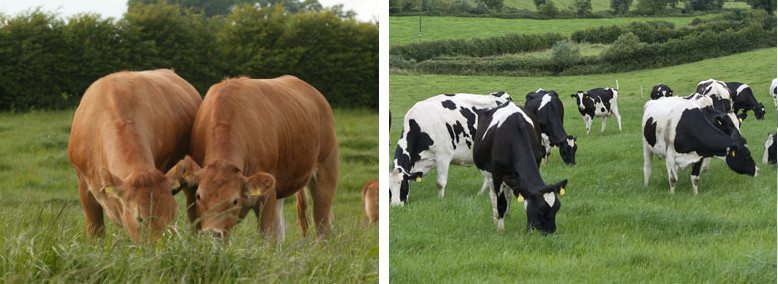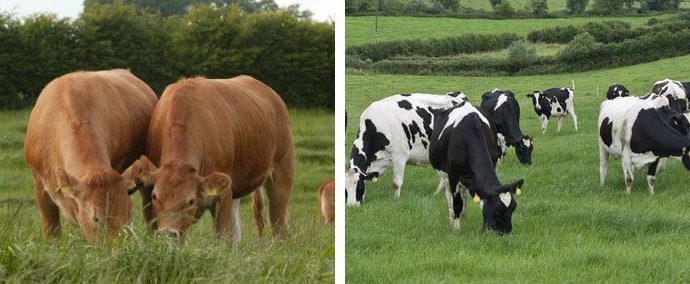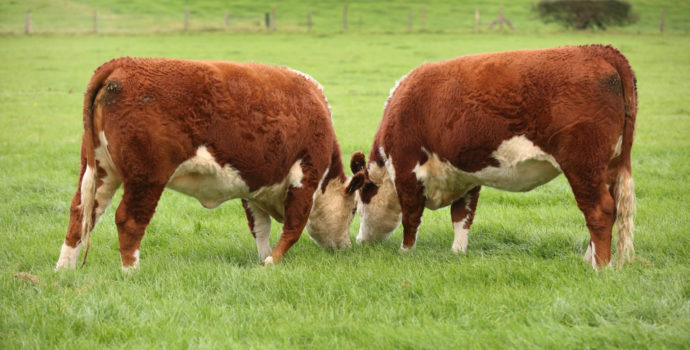Compulsory Bovine EID Will Have to be Fully Funded

IFA Animal Health Chairman Pat Farrell said that farmers must be provided with adequate funding following the Dept move to introduce compulsory bovine EID tagging from next year.
At an additional cost of €1.05-€1.10, Pat Farrell said that compulsory bovine EID tagging adds over €2.5m in direct costs to suckler and dairy farmers for tags alone, before the purchase of readers is factored in.
“While there are management benefits for some large farms, these farms can and are already using EID. The vast majority of suckler and dairy farms will only experience increased costs for tags and readers, while meat factories, factory feedlots, exporters, marts, Department of Agriculture inspectors and vets will accrue the benefits from compulsory EID,” he said.
Compulsory Bovine EID is not an EU requirement. This is a Department of Agriculture decision.
EID does not enhance the cattle traceability systems already in place in Ireland. EU legislation requires that all bovines are to be tagged within 20 days of birth and registered on the Department’s Animal Identification and Movement (AIM) database within seven days of tagging.
The AIM database is already providing an accurate and comprehensive database detailing the origin, identity, movement and life history of all cattle born in or imported into the country without the need for compulsory EID.
IFA has previously highlighted these issues in our submission and in meetings with DAFM.
“The vast majority of benefits associated with EID tagging will not be experienced by the farmer. Many farmers are already in a very low-income enterprise and it’s vital that any additional cost being enforced on them is fully covered.”
Additionally, he said that farmers who have already purchased stocks of non-EID tags must be facilitated past the July 1st, 2022 deadline.



